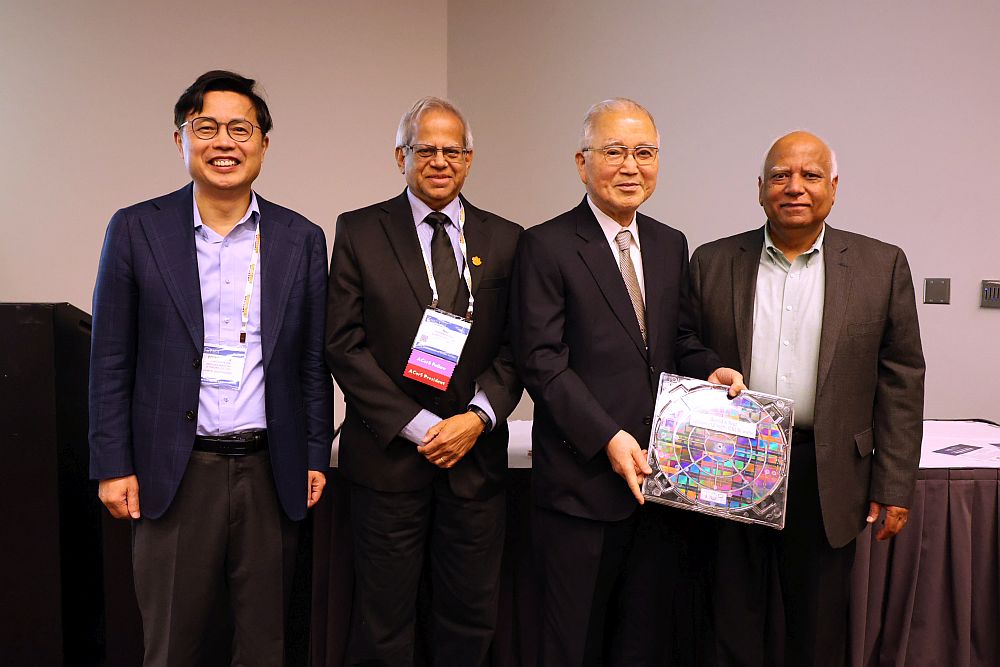Smart parts – parts that can track themselves and predict their own breakdown – may soon be possible thanks to new ceramic materials and cast-metal manufacturing methods being developed at the Fraunhofer Institute in Bremen, Germany. According to an Institute press release, Fraunhofer scientists are developing a way to make light-metal parts “intelligent” by embedding electrical components and sensors into the parts during the casting stage of manufacturing.
Previously, this hadn’t been possible because electronic devices couldn’t withstand casting temperatures that reach 700°C or higher. The Fraunhofer team has reportedly overcome this problem by developing modifications to standard casting practices and designing new ceramic materials that can protect electronic equipment from extreme heat. As reported in the Sept. ’08 edition of Materials World magazine, the Fraunhofer team is reluctant to reveal too many specifics until its research has been completed. What’s known, however, is that the Institute has tested its methods and materials through trials that successfully embedded piezoceramic sensors, light-emitting diodes, batteries, thermocouples and radio frequency identification tags into aluminum, magnesium and zinc.
Materials World says the Institute also has constructed and tested a prototype – a bicycle crank housing two piezosensors. The crank was installed on a bicycle displayed at Germany’s Hannover Messe technology expo this past April. Connected wirelessly and sending real-time reports to a computer, the sensors measured the amount of force exerted on the pedal by riders. By indicating how “evenly” each rider pedaled, the sensors were able to detect if riders experienced “inappropriate biomechanical stress during cycling.”
Health-monitoring is just one application that might result from the Fraunhofer Institute’s innovations. For instance, its press release suggests that now “for the first time ever” manufacturers will be able to embed RFID transponders into cast parts and other products, enabling them to be “tracked, identified and protected against product piracy.” Sensors detecting aircraft material failure and unusual vibrations might also be used to prevent plane crashes, the release predicts.
Enthusiasm is not universal, however. In the Materials World article, Geoff Scamans of the U.K.’s Innoval Technology, voices concern. “With the [EU] End of Life Vehicles Directive, people in casting are worried about anything that interferes with sending scrap back. If there’s anything in the metals that has a residual impurity, that would be a problem,” he cautions. “Time will tell,” as the cliché says. Final reports are expected by the end of October.
CTT Categories
- Material Innovations


